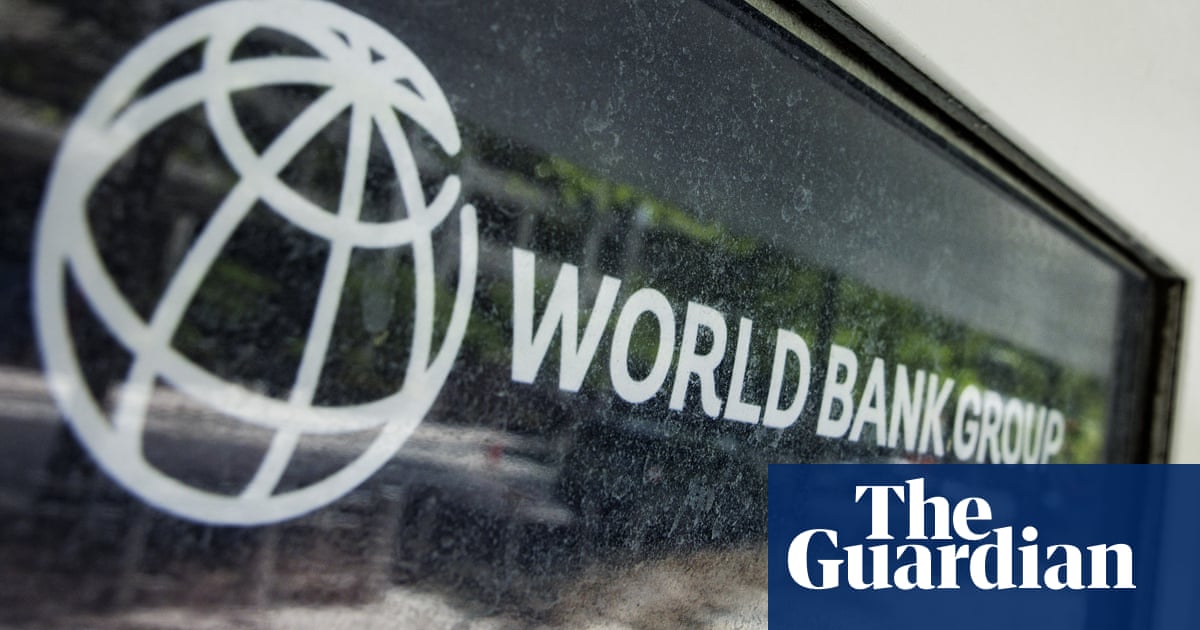

New methods and safeguards for assessing the business and investment climate in as many as 180 countries could give governments and citizens around the world “a common language for deciding where they’re going and how they get there”, according to spokespeople for the recently unveiled project.
The World Bank announced last month that it was preparing to implement new Business Ready rankings after eliminating the predecessor Doing Business ratings in September 2021, citing internal reviews as well as an outside investigation which found senior leaders at the organization had exerted pressure on subordinates to manipulate data to favor China.
Other nations whose rankings were similarly boosted included Saudi Arabia, Azerbaijan and the United Arab Emirates. And the Guardian reported in April that World Bank staff were instructed to afford preferential treatment to the son of a high-ranking Donald Trump White House official after the US treasury backed a $13bn (£10bn) hike in funding for the United Nations-affiliated organization.
Set to debut in the spring of 2024, Business Ready’s pilot edition aims to cover an initial group of 54 economies in Asia, Latin America, Europe, the Middle East and sub-Saharan Africa, according to the bank. The bank plans to add more countries as it refines its methodologies, which for the first time call for examining a country’s records pertaining to workers’ rights, as defined by the International Labor Organization.
Assessments of women’s and gender rights as well as examinations of culture in general are also being implemented as the World Bank eventually hopes to be able to rank economies on the local and regional level, said Kasey Henderson, whose Washington DC-based Global Situation Room firm is working with the bank on Business Ready’s messaging.
“This really is the World Bank’s flagship economic benchmarking exercise and one that I think they really want to be kind of a marker … along a path towards prosperity at a society level, encompassing more than just the business environment,” Henderson added recently. “That piece helps give really unique insights and information for countries as they continue working to grow their economies … and attract and retain business.”
World Bank experts, governments, private sector members and civil society groups helped shape Business Ready’s new criteria, whose overarching goal is to create a dataset whose integrity is beyond reproach while also bringing complex economic issues around the world to a broader audience. Officials at the organization had not yet decided whether it would rank countries’ business climates or simply put out an overall index, though they expected to resolve that before the first of the new reports.
Whatever the case, the World Bank anticipated that other areas assessed by Business Ready would include worker safety, environmental sustainability and market competition, rather than just viewing everything from what Norman Loayza – the director of the bank’s Indicators Group – called “the perspective of the private entrepreneur”.
Center for Global Development fellow Justin Sandefur cautioned Wednesday on Twitter that the World Bank has previously made similar promises “about rigorous measurement and transparency, not rankings and chasing news headlines”. But, Sandefur added, “it ended in scandal last time”.
For his part, the Global Situation Room’s Brett Bruen added that Business Ready could ultimately produce “a common language for [countries’] deciding where they’re going and how they get there”.
“The notion is that every country in the world is at various stages of readiness, and these reports – which are exhaustively researched and put together – would show how that readiness lines up to opportunities and their own goals.”
Reuters contributed reporting
 Print
Print




